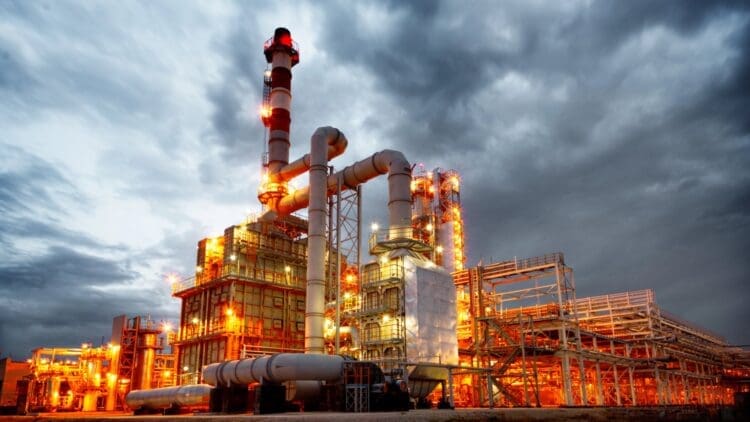The global upstream sector has been experiencing a boom in recent months, with nations all around the world developing new projects that aim to increase production across the gas and oil sectors. Nigeria, one of Africa’s top oil and gas producers, has recently outlined plans to expand its gas and oil sector through several fields, unlocking a new future for the Nigerian energy industry. Africa’s energy sector has long been overshadowed by the problems the continent faces, but the reality of the modern-day energy market is that Africa has the potential to lead the international upstream markets.
Nigeria has approved up to 43 new energy projects this year
The astonishing expansion of Nigeria’s gas and oil sectors is a sight to behold. For generations, Nigeria has been the cornerstone of Africa’s energy industry, leading the region in production and exports. However, the country has been plagued by socio-economic challenges in recent years, forcing the sector to take a back seat while politicians figure out the situation.
However, the Nigerian Upstream Petroleum Regulatory Commission has reported that Nigeria could unlock 1.7 billion barrels of oil and 7.7 tcf of gas through the 43 new operations in the country’s vastly expanding upstream sector. Chief Executive of the NUPRC, Gbenga Komolafe, has noted that the field plans involved a substantial investment, totaling $20 billion.
Nigeria’s energy boom has shaken the international energy sector
The government has stated that Nigeria’s gas sector has seen three final investment decisions made this year, namely the Bonga North, for Ubeta Gas, and the HI Gas Project. These three projects combined represent 2 trillion cu ft in new natural gas supply for Nigeria’s booming energy sector to benefit from. The substantial investments have positioned Nigeria to once again become the regional leader in energy production across the gas and oil sectors.
Nigeria’s upstream sector has seen billion-dollar FFIDs in recent years
The expansion of the upstream sector has resulted in several companies giving Final Investment Decisions for a number of projects totaling in the billions of dollars. Recent FIDs total an astonishing $7.5 billion, of which $5 billion was for the Bonga North gas project that Shell is developing, $2 billion for the HI Gas Project, also run by Shell, and $500 million for TotalEnergies’ Ubeta Gas project.
Nigeria’s national oil company has reported some strong expansion numbers as well, with the state company noting that it plans to increase oil production to 2 million barrels daily over the next two years. By the end of the decade, NNPC will be pumping 3 million barrels daily. Current production levels are hovering at around 1.7 and 1.83 million barrels daily, after government reforms have attracted international investors.
The 43rd Annual International Conference and Exhibition was recently held in Lagos
At the conference, the Commission Chief Executive, NUPRC, Engineer Gbenga Komolafe, stated that while the global proclivity for the renewable energy sector is a promising sign, conventional gas and oil production will remain the cornerstone of the sector for many decades to come. One thing that is for certain is that Nigeria’s booming upstream production has positioned the nation to serve as the regional leader in gas and oil production.
The global upstream sector has been following the trend set by nations like Nigeria
Nigeria’s astonishing expansion of gas and oil production is a welcome trend for investors looking for a solid investment in the energy sector. The renewable energy sector has gained some serious momentum in recent years, with the EU and the US experiencing new renewable projects being planned that shift the attention. However, the traditional energy market has not been left behind and boasts some significantly large projects planned that will redirect the attention of the global energy sector back to gas and oil.





